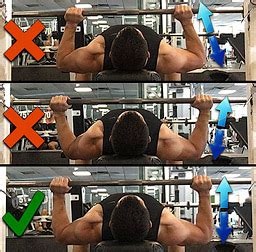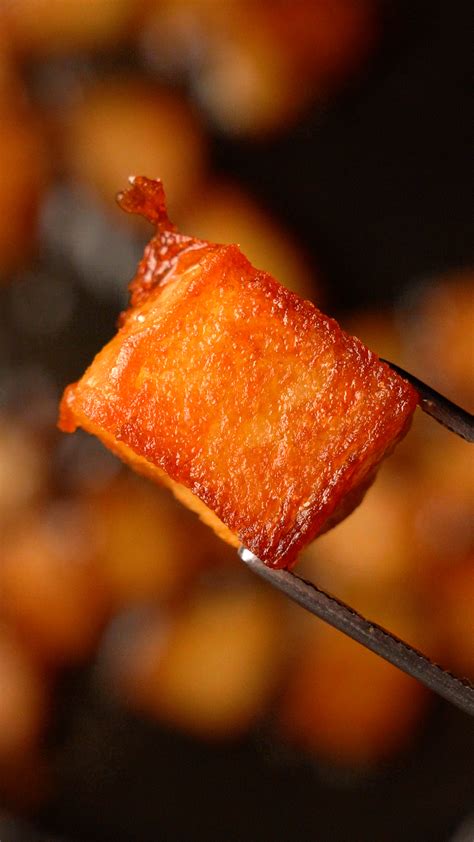As men cross the threshold of 30, a natural decline in testosterone levels often begins. This hormonal shift can manifest as reduced energy, decreased libido, difficulty building or maintaining muscle mass, and even changes in mood. While this decline is a normal part of aging, there are powerful, natural strategies men can employ to optimize their testosterone production, reclaiming vitality, strength, and overall well-being.
Understanding Testosterone’s Role
Testosterone, the primary male sex hormone, is vital for numerous bodily functions beyond just sex drive and muscle. It impacts bone density, red blood cell production, fat distribution, and even cognitive function. A healthy testosterone level is foundational to feeling energetic, mentally sharp, and physically robust.

Key Pillars for Natural Testosterone Boost
1. Optimize Your Diet and Nutrition
What you eat plays a direct role in hormone production. Focus on a balanced diet rich in whole foods:
- Healthy Fats: Cholesterol is a precursor to testosterone. Include sources like avocados, nuts, seeds, olive oil, and fatty fish (salmon, mackerel) in your diet.
- Protein: Essential for muscle repair and growth, protein also helps maintain a healthy body composition, which indirectly supports testosterone. Aim for lean meats, poultry, eggs, and legumes.
- Carbohydrates: Don’t shun carbs entirely. Complex carbohydrates provide energy for workouts and help regulate cortisol, a stress hormone that can suppress testosterone. Choose whole grains, fruits, and vegetables.
- Micronutrients:
- Zinc: Crucial for testosterone production. Found in oysters, red meat, poultry, beans, and nuts.
- Vitamin D: More a hormone than a vitamin, Vitamin D is strongly linked to testosterone levels. Get sun exposure and consider supplements if deficient.
- Magnesium: Involved in over 300 bodily processes, including testosterone regulation. Found in leafy greens, nuts, seeds, and whole grains.
- Limit Sugar and Processed Foods: These can lead to insulin resistance and increased body fat, both detrimental to testosterone.

2. Embrace Strength Training
Resistance exercise is one of the most effective natural testosterone boosters. Focus on:
- Compound Movements: Exercises that engage multiple muscle groups simultaneously, like squats, deadlifts, bench presses, and rows, elicit a greater hormonal response.
- Heavy Lifting: Challenging your muscles with weights in the 6-12 rep range (to failure or near failure) is ideal.
- Intensity and Consistency: Aim for 3-4 strength training sessions per week.
- Avoid Overtraining: While intensity is good, excessive or prolonged training without adequate recovery can increase cortisol and suppress testosterone. Listen to your body.

3. Prioritize Quality Sleep
Sleep is when your body repairs and regenerates, including hormone production. Chronic sleep deprivation significantly reduces testosterone levels.
- Aim for 7-9 Hours: Most men need this range for optimal health and hormone balance.
- Establish a Routine: Go to bed and wake up at roughly the same time each day, even on weekends.
- Create a Conducive Environment: Dark, quiet, and cool bedroom. Avoid screens an hour before bed.
4. Manage Stress Effectively
Chronic stress elevates cortisol, a hormone that directly antagonizes testosterone. High cortisol can also lead to increased abdominal fat, further impacting testosterone.
- Find Your Stress Relievers: This could be meditation, yoga, spending time in nature, hobbies, or deep breathing exercises.
- Mindfulness: Practice being present to reduce worry about the past or future.

5. Optimize Lifestyle Factors
- Maintain a Healthy Weight: Excess body fat, particularly around the abdomen, increases estrogen production and lowers testosterone.
- Limit Alcohol Consumption: Heavy drinking can directly impair testosterone production. Moderate intake is key.
- Get Enough Sunlight: Exposure to sunlight helps your body produce Vitamin D, a crucial component for testosterone.
- Avoid Endocrine Disruptors: Be mindful of plastics (BPA), parabens, and phthalates found in some personal care products, which can interfere with hormone function.

Conclusion
Boosting testosterone naturally after 30 isn’t about quick fixes but rather a consistent commitment to a holistic, healthy lifestyle. By meticulously optimizing your diet, embracing regular strength training, prioritizing quality sleep, effectively managing stress, and making smart lifestyle choices, you can empower your body to produce more testosterone, leading to enhanced energy, improved muscle mass, and a renewed sense of vigor and well-being well into your later years.




